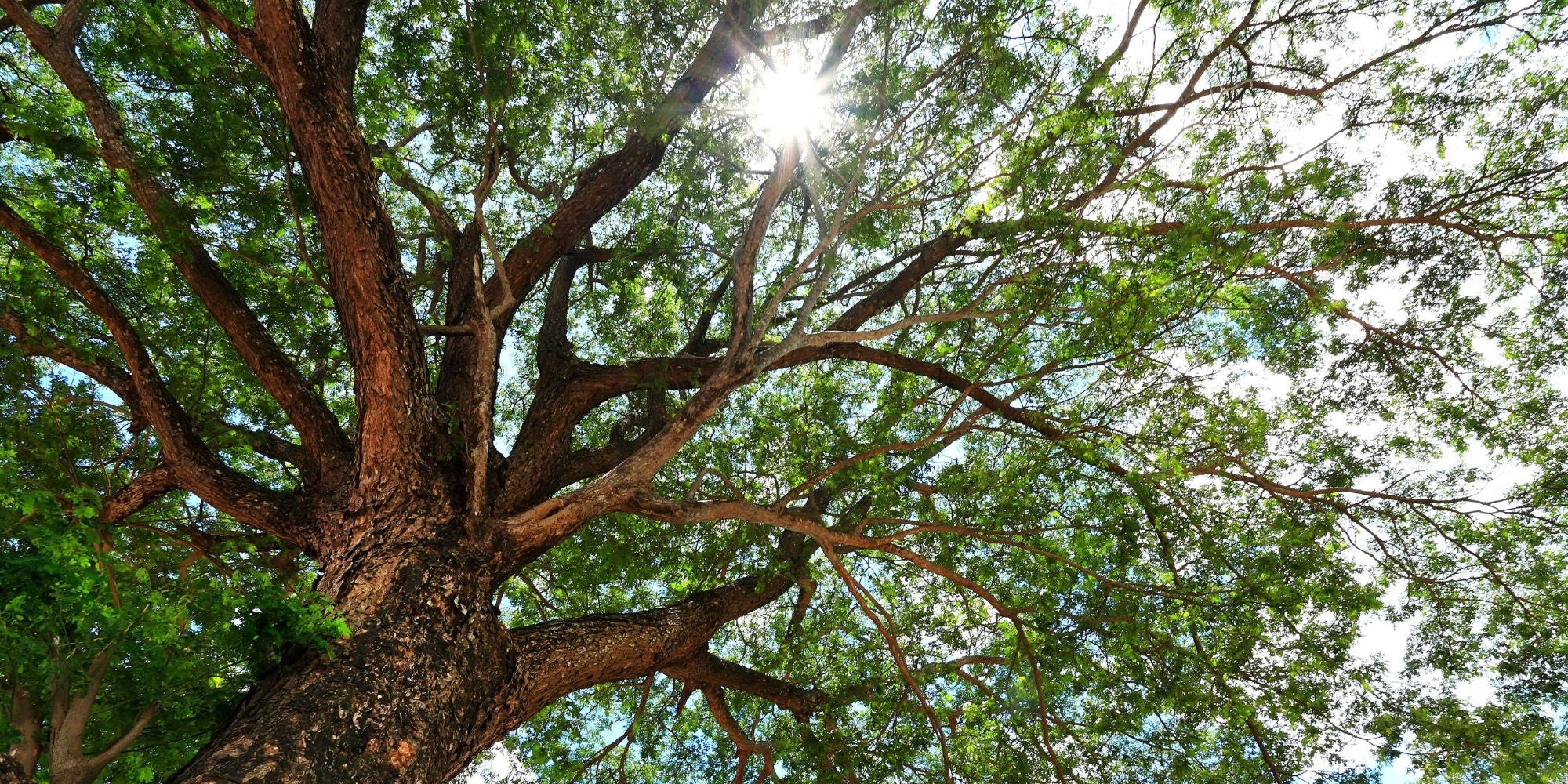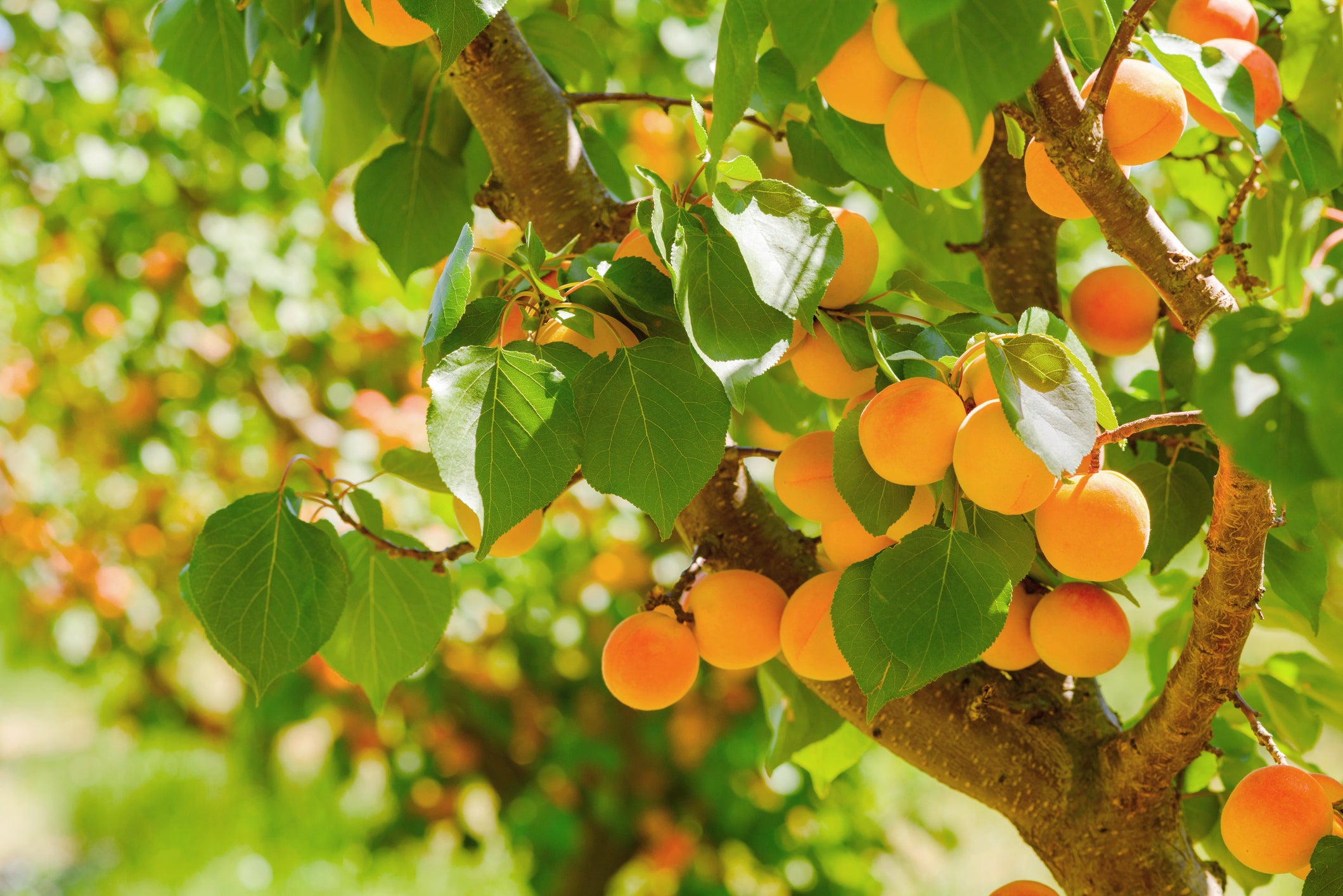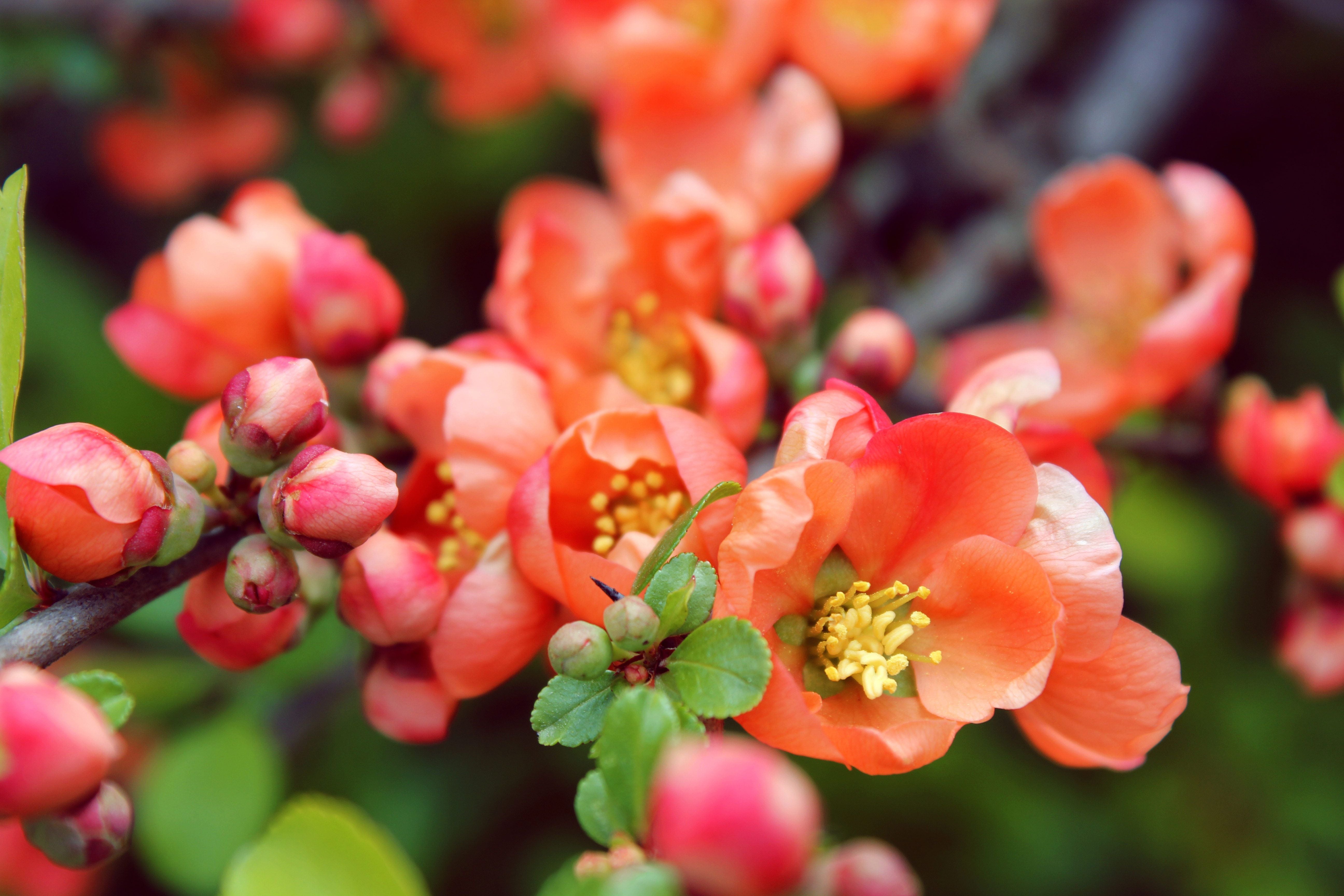8 Benefits Of Planting Chestnut Trees In Your Garden

Planting chestnut trees in your garden offers a multitude of benefits that extend beyond their aesthetic appeal. These majestic trees not only provide shade and beauty but also contribute significantly to the local ecosystem. Whether you are a seasoned gardener or a beginner looking to add value to your property, chestnut trees are a worthwhile addition.
Supporting Local Wildlife
Chestnut trees are known for producing large, nutritious nuts that attract a variety of wildlife. Species such as deer, squirrels, and various birds relish these nuts, especially during the colder months when food is scarce. Planting these trees helps sustain local fauna, maintaining a balanced ecosystem in your garden.
Enhancing Biodiversity
By introducing chestnut trees to your landscape, you enhance plant diversity, which in turn supports a wider range of animal species. This diversity is crucial for a healthy and resilient garden ecosystem. The dense foliage and the structure of the trees provide excellent shelter and breeding spots for numerous bird species and small mammals.
Natural Shade and Cooling
Chestnut trees grow to a considerable size, offering expansive shade that can significantly cool your home and garden. This natural cooling effect reduces the need for artificial air conditioning during the hot months, leading to energy savings. The lush canopy also creates a comfortable outdoor space for relaxation and recreation.
Soil Improvement
The root systems of chestnut trees are effective in enhancing soil structure and fertility. Their leaves, when decomposed, contribute to the organic matter of the soil, improving its nutrient content and water retention capabilities. Healthy soil is essential for growing a vibrant garden.
Source of Nutrients
The nuts of chestnut trees are not only tasty but also packed with essential nutrients such as carbohydrates, proteins, and fats. These nuts can be a valuable addition to your diet, offering energy and health benefits. They are particularly rich in vitamins and minerals, supporting overall well-being.
Medicinal Properties
Traditionally, chestnut leaves and bark have been used in various medicinal preparations to treat ailments like coughs and skin disorders. The antioxidant properties of the nuts are beneficial for heart health and in preventing chronic diseases. Incorporating chestnut products in your diet can help boost your immune system.
Long-Term Investment
While chestnut trees take some time to mature, they are a long-term investment that can significantly increase the value of your property. Once established, they require relatively low maintenance compared to other fruit trees. Their longevity ensures that you enjoy their benefits for many years.
Valuable Timber
Apart from producing delicious nuts, chestnut trees are prized for their wood, which is used in furniture making and construction. The wood is strong, durable, and resistant to rot, making it highly sought after in the woodworking industry. Growing your own chestnut trees could provide you with a source of rare and valuable wood.






